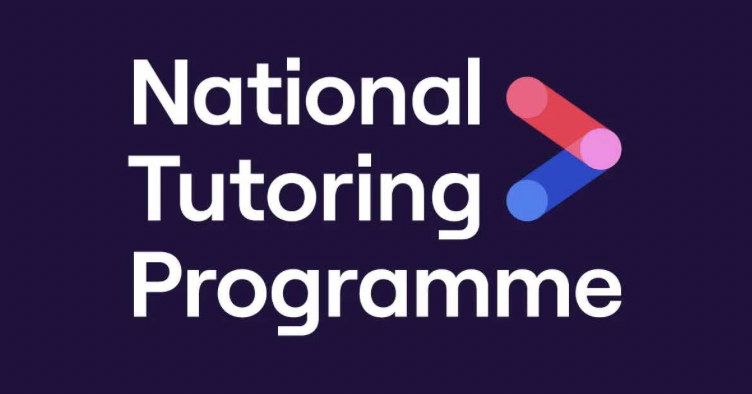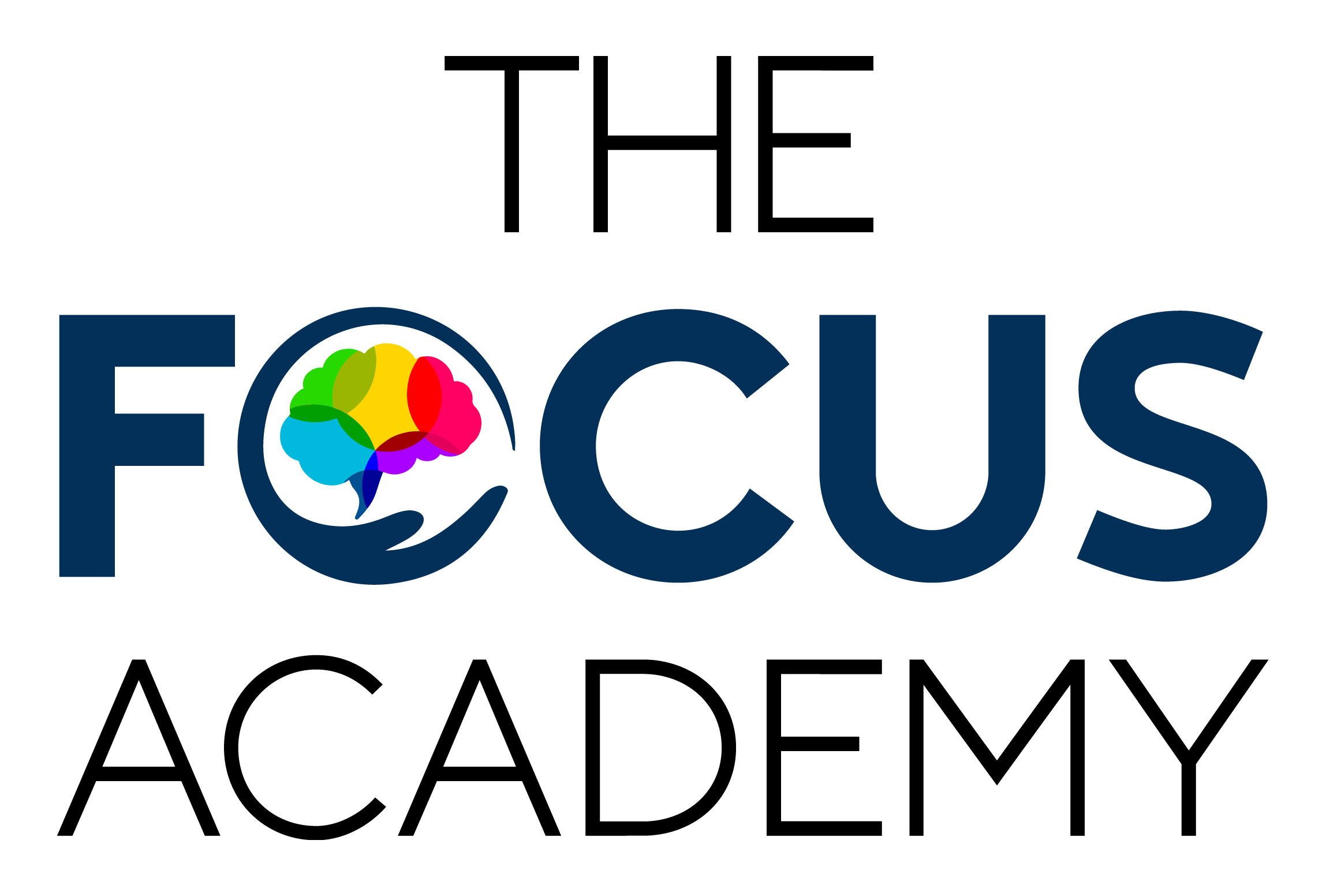Educational Interventions: A Short-Term Solution for Disengaged Children

Educational interventions are an excellent tool to support those disengaged with education. They provide an opportunity for a child to learn the additional skills needed, or address any missing areas of learning required to access permanent education.
When a child is unable to access learning due to being disengaged, missing significant periods of school or having unmet needs, their relationship with education can soon become tainted. Poor relationships with learning can lead to long term disengagement and may result in significant challenges in the future when further areas of learning are impacted. Consider an educational intervention like building a bridge from an area of disengagement to an area of engagement in an education setting. The bridge needs a structure, yes a rope bridge may get you there but is it reliable? Can it withstand turbulent weathers? Perhaps a stronger structure like wood would be better. Upon that basic structure there needs to be steps, siding and handrails, keeping you protected and supporting you to cross safely and comfortably. At some point in the future you may return to the other side, your old bridge wasn’t as successful as you had hoped and so you now have to build a new bridge to cross, but you have experience of this process now so it should come with less challenges.
For many learners who have experienced significant disengagement from learning, the solution isn’t simple. It is likely that they will experience multiple periods of disengagement throughout their schooling. It is therefore the role of the educator or intervention provider to learn from each occasion and support the learner on each occasion without blame, shame or guilt of any kind. Educational interventions should only ever be considered a short term solution. You cannot live on a bridge, the aim should always be to cross it and keep travelling beyond the place you left behind. The same applies to educational interventions where the aim should always be to equip the child with the necessary skills to return to a form of permanent education that meets their individual needs.
Educational Interventions are tools that can be implemented at any time, when it is felt that a child is disengaged or is becoming disengaged with learning. They can take place within the school setting, the home, a community center or even outdoors. We believe the best approach is to make each intervention bespoke to the individuals needs in that moment. They are most effective when they are designed to re-engage a child with learning without any underlying intention of solving all of the child’s difficulties. As we discuss in our articles around children’s mental health, we are not here to ‘fix’ their problems but to teach them the tools they need to successfully face their challenges. This also applies in education and the more tools a child can be equipped with, the more confidence they will have in facing any challenges that arise and with this increased confidence is likely to come a greater engagement with learning.
More articles
Go to the blog



















